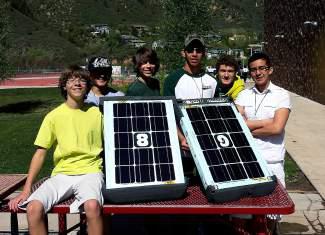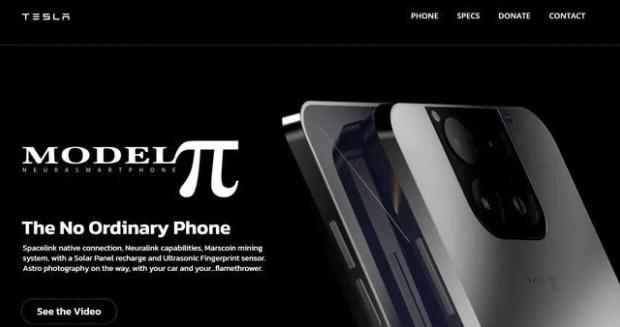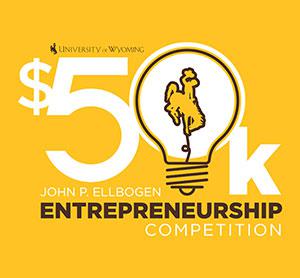California's clean-air regulators unveiled a plan this week that would ramp up the sale of electric and zero-emissions vehicles while phasing out the sale of new gasoline-fueled vehicles by 2035, in an aggressive effort to combat the state's greenhouse gas pollution.
The proposal, if enacted by the California Air Resources Board, would require 35% of new passenger vehicle sales to be powered by batteries or hydrogen by 2026, and 100% of sales to be net-zero emissions less than a decade later. The proposal also calls for zero-emissions sales to account for 68% of total sales by 2030.
Shifting the transportation sector to cleaner energy is a key component of the state's plan to combat climate change, as cars, trucks, and other vehicles represent roughly 40% of the its pollution.
Electric vehicle sales in the state rose to 12.4% of total sales last year, a jump from 7.8% during 2020, according to the board.
The board is expected to vote on the proposal in August. At least 15 states, including New Jersey, New York and Pennsylvania, have adopted California's vehicle standards on prior clean-car rules.
The plan follows Gov. Gavin Newsom's executive order in 2020 that called for phasing out new cars with internal combustion engines within 15 years by requiring that all such vehicle sales produce zero emissions by 2035.
The rule would not ban people from owning gas vehicles or from selling them on the used market.



